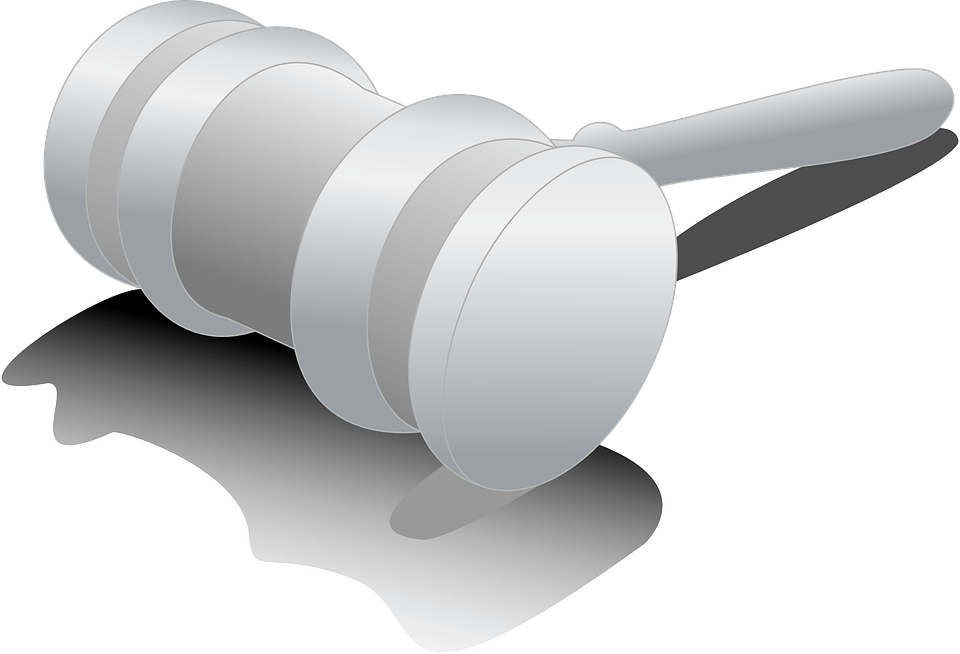Law in the area of workers’ compensation differs from state to state, so when you’re defending workers’ compensation claims, it’s critical to work with an attorney who knows your state system through and through. West Virginia (WV) uses a three-tiered system to adjudicate workers’ compensation claims, starting with the Office of Judges (OOJ) and ending at the Supreme Court of Appeals of West Virginia. The intermediate tier is known as the WV Workers’ Compensation Board of Review (BOR). This blog will detail the function of the BOR and how it affects employers in the Mountain State.
What Is the Origin of the WV Workers’ Compensation Board of Review?
Every state has its own laws that govern the processes used in workers’ compensation claims. Here in West Virginia, the workers’ compensation laws are found in West Virginia Code § 23-1-1 et seq.
Before the 2003 workers’ compensation legal reforms passed by the WV Legislature, the workers’ compensation system in the Mountain State was largely regarded as remedial and liberal. Under that system, the number of workers’ compensation appeals in WV was among the highest in the United States.
As part of the 2003 overhaul of WV’s workers’ compensation laws, the legislature created the WV Workers’ Compensation Board of Review. This Board was statutorily granted jurisdiction for all appeals from the Office of Judges effective February 1, 2004.
What Is the WV Workers’ Compensation Board of Review?
The BOR is a three-member panel that was created by the WV Legislature as a full-time replacement for the part-time members of the former Workers’ Compensation Appeal Board, previously the intermediate stage in the workers’ compensation appellate process. The members of the BOR are appointed by the governor for six-year terms.
The BOR functions as an appeal tribunal for all appeals from the Office of Judges. It does not receive any new evidence during the appeal process. In essence, this executive branch appellate review board functions much like a state intermediate appellate court but only for workers’ compensation appeals.
What Happens to a Workers’ Compensation Case after Review by the WVBOR?
After the WV Workers’ Compensation Board of Review issues a decision, any party to a claim may file a timely appeal to the WV Supreme Court.
As you might expect, using a full-time intermediate appellate review process for workers’ compensation claims has significantly reduced the number of workers’ compensation cases heard by the WV Supreme Court. The Supreme Court’s website details this reduction in workers’ compensation appeals:
Workers’ compensation cases were the most important variable affecting the Court’s caseload over the past three decades. Compensation appeals began to rise in the 1990s, eventually making up two-thirds of all filings. . . . Legislative reforms and privatization have resulted in a substantial reduction in workers’ compensation appeals, which now make up just over twenty percent of all filings.
In addition, the Court’s decisions as of late have been widely viewed as fair and balanced.
The addition of the WV Workers’ Compensation BOR is generally recognized as an example of a much improved legal climate for employers and insurance carriers doing business in the Mountain State. At Jenkins Fenstermaker, we’re proud to take part in helping WV businesses thrive. For experienced, defense-focused counsel, fill out our contact form or call me, Steven K. Wellman, at 866.617.4736.
This article should be considered advertising material, Steven K. Wellman, responsible attorney. This article is being provided for informational purposes only and should not be construed as legal advice pertaining to any particular situation or circumstance.


